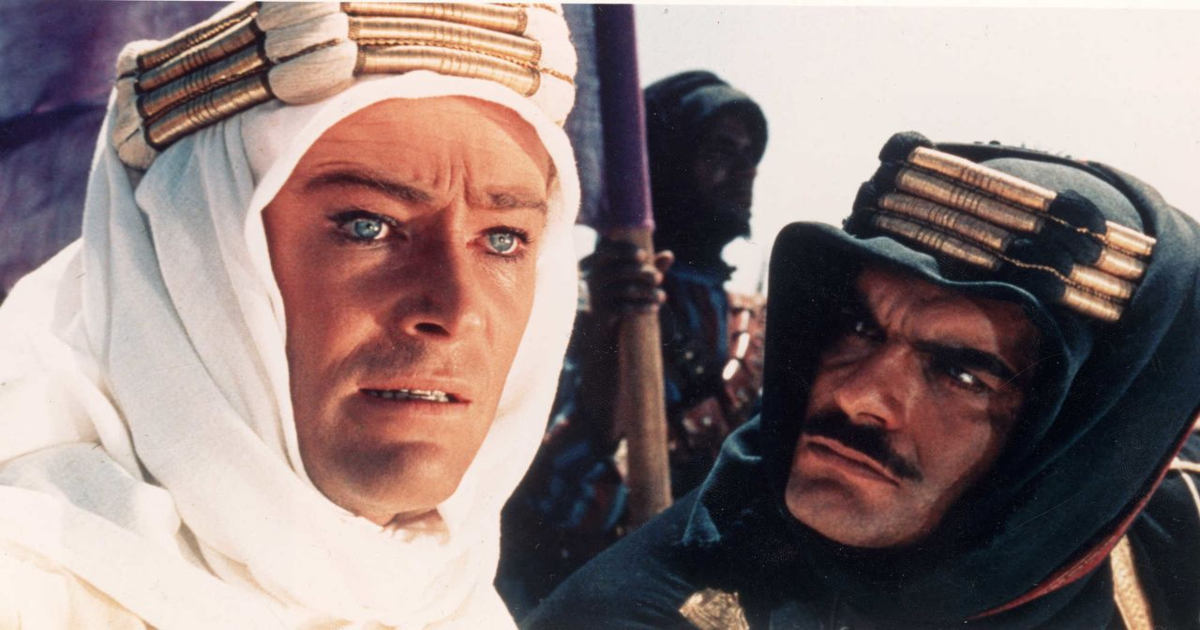12 feet below the barbed-wired, booby-trapped, and body-stricken planes of Flander’s Fields scurried the trench rats and lice that would eventually find homes within the khaki seams of a freezing British soldier’s uniform. Amongst the mud, blood, and the dead, the words “Dulce et decorum est” were being etched into a grainy piece of fingerprint-stained paper. The man with pen-in-hand was the great wartime poet, Wilfred Owen, who completed what was to be a defining piece of literature in a war hospital in Edinburgh. Through the abhorrent bloodbath that was World War I, Owen’s poetry managed to capture a sense of beauty and order in the frenzied chaos of the Western Front.
Siegfried Sassoon and John McCrae, like Owen, also documented the horrors of what was unfolding before them in France through the art of poetry. Fast-forward a century, and countless films have been made focusing on the British war efforts, particularly in World Wars I and II; the most recent, Operation Mincemeat with Colin Firth, is already getting acclaim. Here are some of the best British films on 20th-century war that really put this kind of poetry in motion…
7 Mrs. Miniver
This WWII classic Mrs. Miniver was dubbed "propaganda worth 100 battleships" by Winston Churchill in response to the film's critical success across the pond, where it claimed six Academy Awards and helped to wane away American reluctance in joining the war effort. Mrs. Miniver details the hardships and struggles of those (sometimes) fatherless families dealing with the war within the confines of the British Isles.
6 The Imitation Game
While Morten Tyldum's The Imitation Game is about as far removed from fighting on the beaches, landing grounds, fields, and streets as one can get, focusing rather on the battle of intelligence at Bletchley Park, the center for Allied Code Breaking during WWII. Based on Andrew Hodges' book Alan Turing: The Enigma, the movie follows cryptographer, mathematician, and code-breaker Alan Turing, whose influence during the war was profound.
Entrusted with the responsibility of the nearly impossible task of cracking the German enigma, in July 1942 the genius had fathered a code-breaking technique named "Turingery," which consequently saved millions of lives. Benedict Cumberbatch plays Turing with aplomb, translating the awkward, socially inept nature (perhaps a byproduct of undiagnosed Aspergers) into a truly dazzling, wholesome performance.
5 Darkest Hour
Perhaps the most prominent wartime leader of all time, Winston Churchill was made famous not just by his premiership during World War II, but by his rousing, rallying speeches and steadfast, unbending approach to a fascist dictatorship. Gary Oldman won an Academy Award for Best Actor for his rendition of Churchill in 2017’s Darkest Hour. The movie depicts the strenuous demands of leading a nation through war, and the decisions facing the British Prime Minister as he is posed with the onerous question of whether to sign a peace treaty with Hitler’s Germany. The film offers a detailed examination of Churchill’s job as leader of Britain, but also of his personal peculiarities and eccentricities.
4 The English Patient
Ralph Fiennes stars as a severely burnt pilot, and National Geographic expeditionary, in The English Patient, which swept the Oscars and won Best Picture and Best Director for Anthony Minghella. Set during the Allied campaign in Italy, the film recounts the story of Count Lazio de Almasy on a National Geographic trip to Egypt, where he falls in love with and embarks upon an affair with a married woman, Katherine Clifton (Kristin Scott Thomas). Now bed-bound, with the inevitability of death just days away, Almasy retraces his steps to his nurse, Hana (Juliette Binoche). As stated by Roger Ebert “Here he (Zaentz) has created with Minghella a film that does what a great novel can do: Hold your attention the first time through with its story, and then force you to think back through everything you thought you'd learned after it is revealed what the story is *really* about.”
3 1917
A foolproof combination of Mendes and legendary cinematographer Roger Deakins, resulted in a seamlessly executed picture, with the opening scenes mirroring that of Birdman’s “One Shot” single take. As World War One trundled into its penultimate year, the Allies pressed on through France. Lance Corporals Will Schofield (George Mackay) and Tom Blake (Dean-Charles Chapman), instructed to undertake a seemingly unprecedented operation to rescue two British battalions from a German ambush, one of which containing Blake’s older brother.
Naturally, comparisons have been drawn to Steven Spielberg’s mother of all war films, Saving Private Ryan. A surface-level perspective would be suggestive of the correctness of that conception, both in the plot and in the portrayal of the horrifying reality of war. Yet, 1917 seems to embody more than just the immense hardship of those involved, it perfectly encapsulates a sense of beauty in the humanity of both the duo and their comrades, breathlessly magnifying the raw, benevolent emotions of compassion and solicitude.
2 Dunkirk
Nolan’s wartime instant classic Dunkirk offers a three-point perspective of the biggest evacuation of soldiers the world had seen, from land, sea, and air. From May 26th to June 4th, 1940, almost 340,000 Allied troops were rescued from the beaches of Dunkirk. Through Nolan’s attentive lens, the movie offers a multidimensional view of the sheer scale of the evacuation and the solidarity shown by the British public to personally aid the hundreds of thousands of stranded soldiers.
Hans Zimmer’s perfectly orchestrated score combines brilliantly with the film’s ability to immerse its viewership in the almost palpable disorder and panic of the evacuation. The film's popularity was such that it claimed the mantel as the highest-grossing war film of all time.
1 Lawrence of Arabia
Laurence of Arabia is widely considered one of the finest feats of filmmaking ever, and light years ahead of its time. The likes of Spielberg and Scorsese have previously extolled the influence of Lawrence of Arabia and its director, David Lean, on their work, with the former hailing Lean's masterpiece "a miracle." The 1963 film is an epic in every sense of the word, from the 3-hour run time, the legendary British cast starring the likes of Peter O'Toole, Alec Guinness, and Omar Sharif, to the vast, sweeping shots of the desert.
Based on the life of the author T.E. Lawrence and his book Seven Pillars of Wisdom, Lawrence of Arabia follows the story of Lawrence, a British Army Officer during WWI, who seeks to successfully mediate between conflicting Arab tribes and unite them under one common goal; to fight in the war against the Turks. The movie took the Oscars by storm, winning seven Academy Awards, including Best Picture.

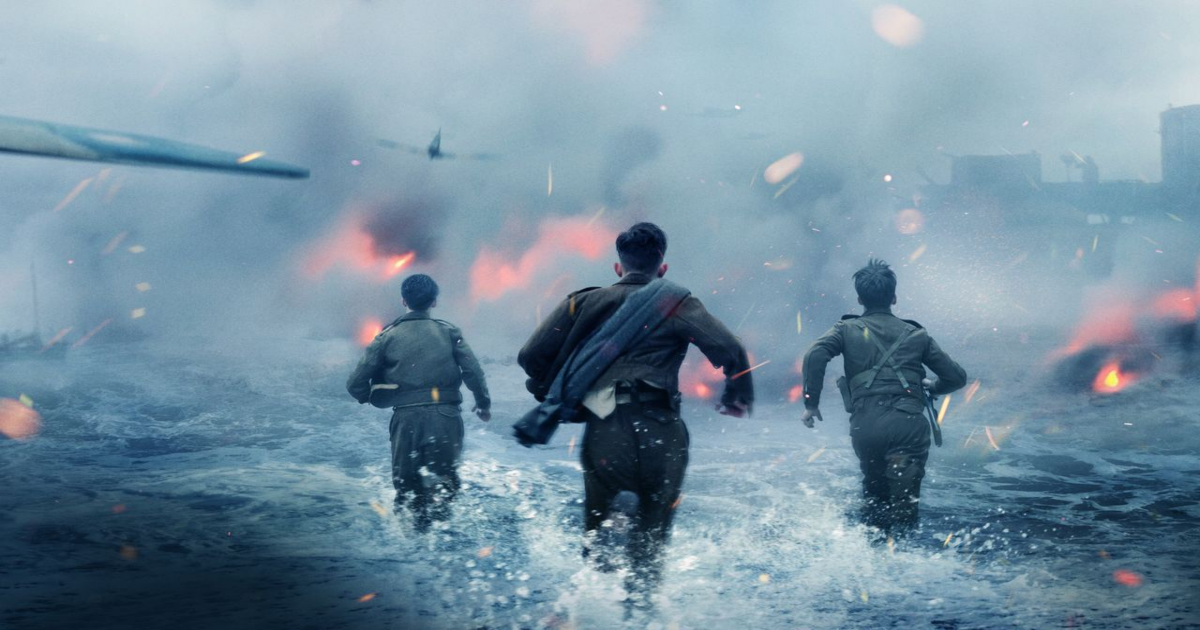
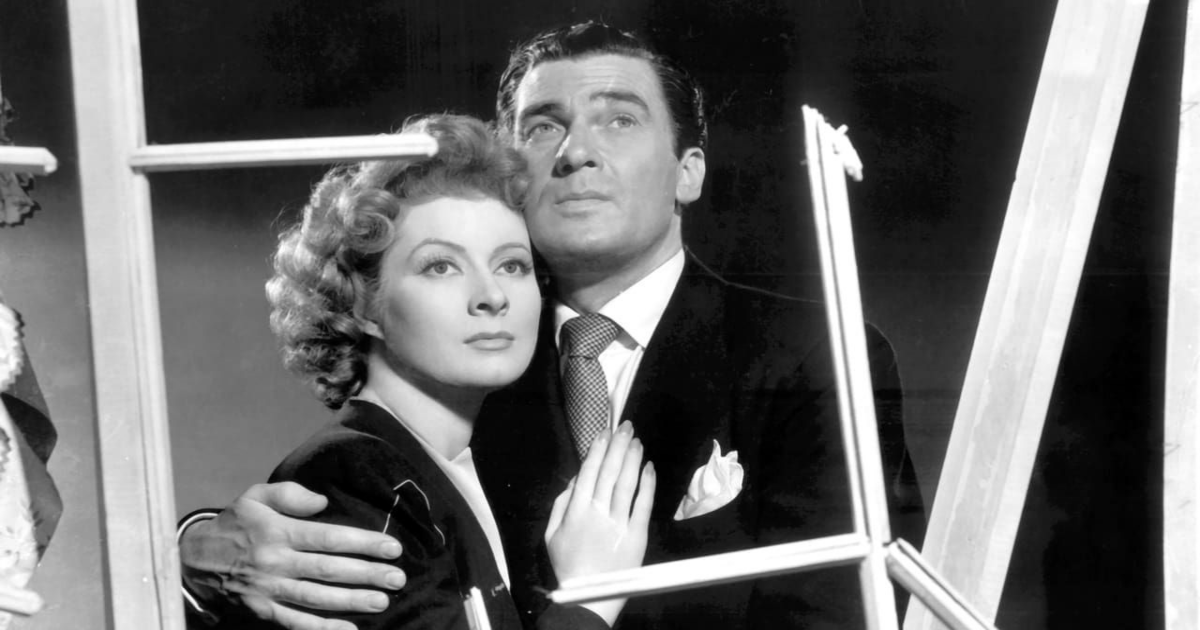
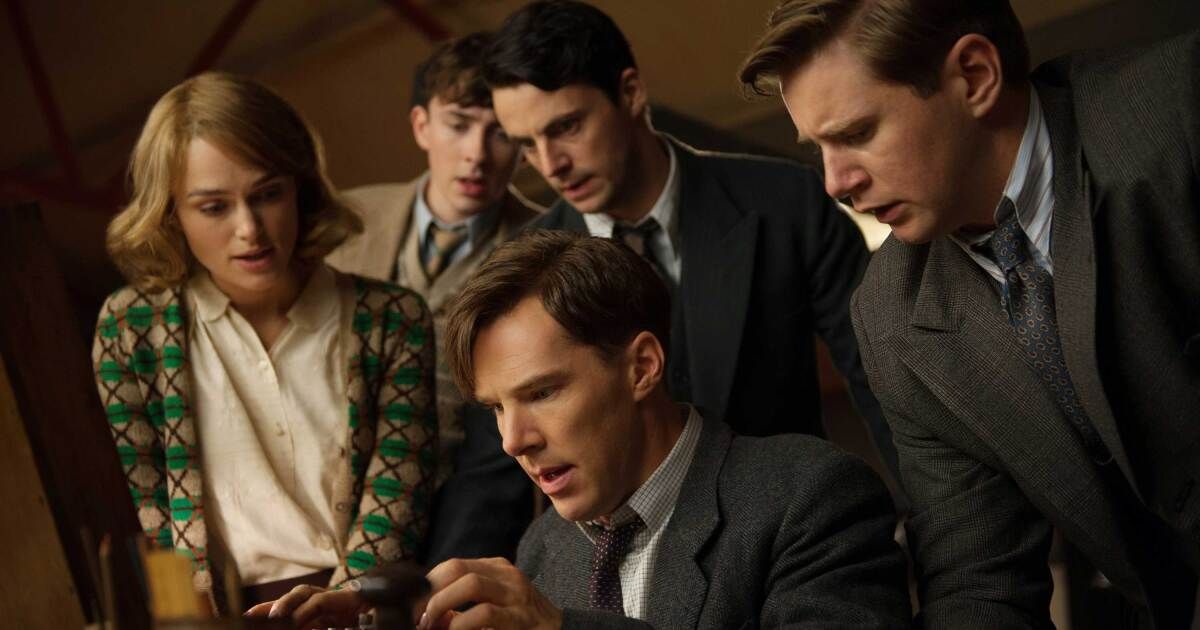
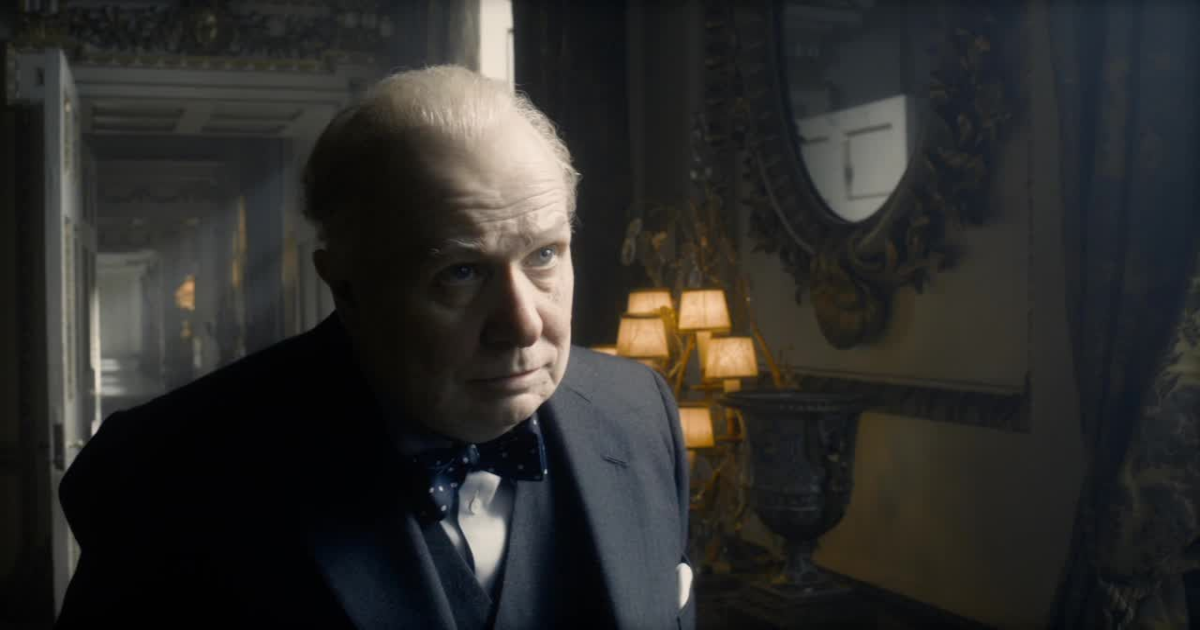
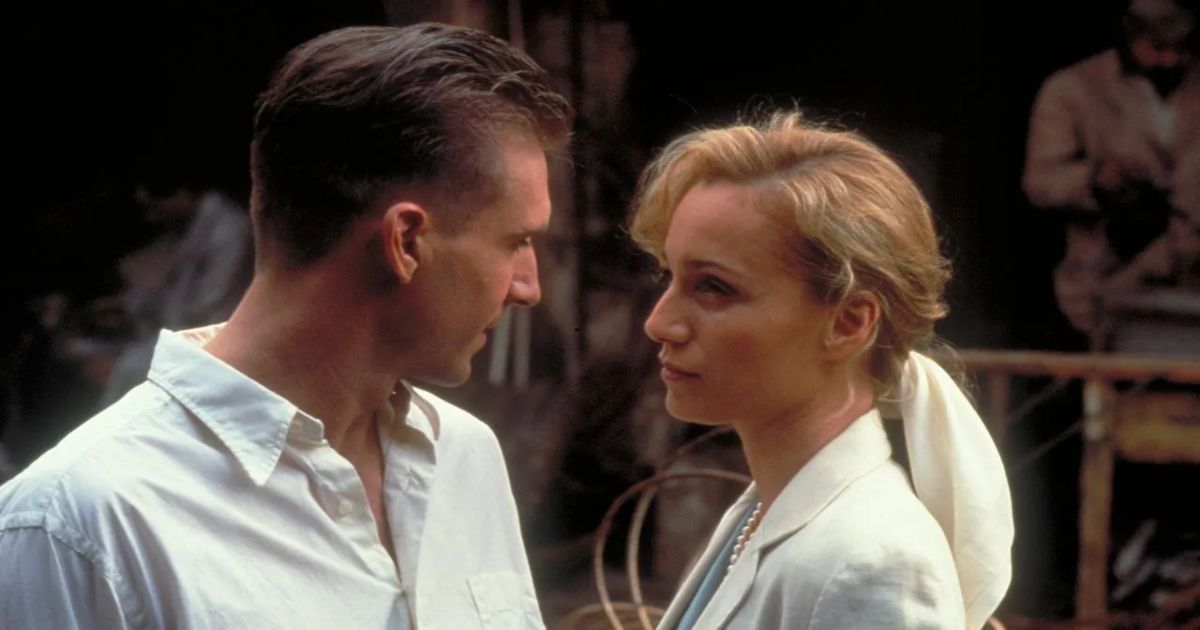
-1.jpg)
